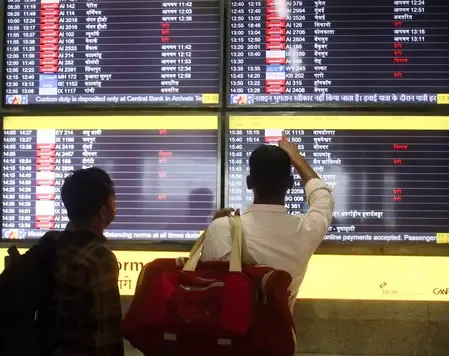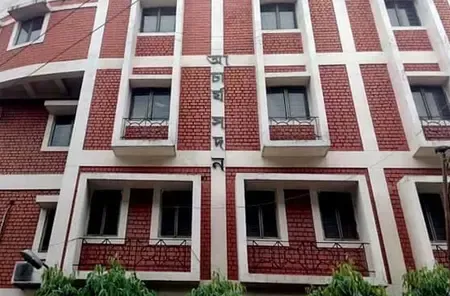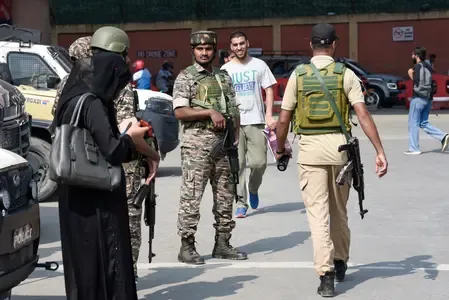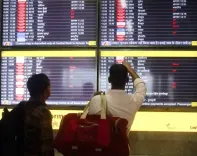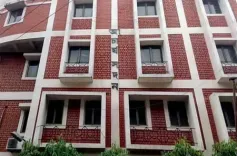Is the Demolition Drive at Delhi's Madrasi Camp Necessary Amidst Residents' Struggles?
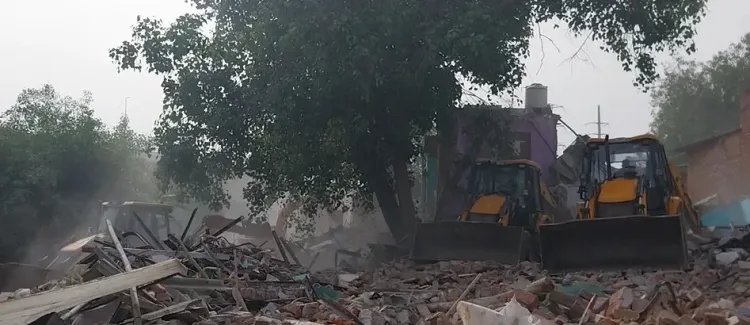
Synopsis
Key Takeaways
- Demolition drive initiated under court orders.
- Over 300 slums targeted for removal.
- 215 families identified for relocation.
- Protests erupt over inadequate rehabilitation.
- Political tensions rise amid the demolition process.
Delhi, June 1 (NationPress) A significant demolition initiative is currently taking place at Madrasi Camp, a slum cluster situated alongside the Barapullah drain in Southeast Delhi's Jangpura. This action follows a mandate from the Delhi High Court aimed at clearing the area for the restoration and cleaning of the drain.
The operation commenced under a robust presence of paramilitary forces and the Delhi Police, focusing on dismantling over 300 slum structures.
In reaction, local residents have initiated protests, voicing their concerns regarding insufficient rehabilitation measures, even as some families have been proposed alternative housing in Narela.
Out of the 370 shanties in the vicinity, 215 families have been recognized as eligible for relocation under the Prime Minister's 'Jahan Jhuggi Waha Makaan' rehabilitation initiative, with flats offered in Narela.
Originally, only 189 families were part of the relocation scheme, but a revised list has included 26 additional families.
One resident, witnessing her home being demolished, lamented, "What should I say? They have robbed us. We have nothing left now. 'Jahan Jhuggi Waha Makaan' is a myth. They deceive us about home allocations. Everything they proclaim is a fabrication."
"At this moment, I lack the strength to discuss it," she added, as tears streamed down her face.
Madrasi Camp, established between 1968 and 1970, is being evacuated for a restoration project concerning the 16-kilometre-long Barapullah drain, a historic structure believed to be around 400 years old.
This demolition is a direct consequence of a May 9 order from the Delhi High Court, which instructed authorities to remove encroachments to facilitate the cleaning and restoration of the increasingly burdened drain.
The court's ruling followed a public interest litigation filed during the 2024 monsoon, which highlighted severe flooding in areas of Nizamuddin East and Jangpura.
Multiple civic agencies, including the Delhi Development Authority (DDA), the Archaeological Survey of India (ASI), the Municipal Corporation of Delhi (MCD), and the Public Works Department (PWD), were directed to act and restore the drain to avert future flooding.
On September 1, 2024, the MCD initiated the first phase of demolitions, destroying numerous homes and evicting all street vendors from the location.
Several families are still awaiting flat allotments, further exacerbating the residents' discontent.
Over the past eight months, Madrasi Camp has been a hotspot for political strife and administrative disputes.
Civic agencies and political parties have faced disagreements concerning the demolition process and accountability.
When the initial demolitions occurred in September 2024, the AAP, then in power, accused the BJP of orchestrating the evictions. AAP leaders joined residents in protesting the actions.
In contrast, BJP leaders aligned themselves with another faction of the camp's residents, accusing AAP of mismanagement and failure to provide adequate rehabilitation.
The political tug-of-war amplified during the Assembly elections in February, as leaders from both parties visited the area, pledging support to the families affected.

